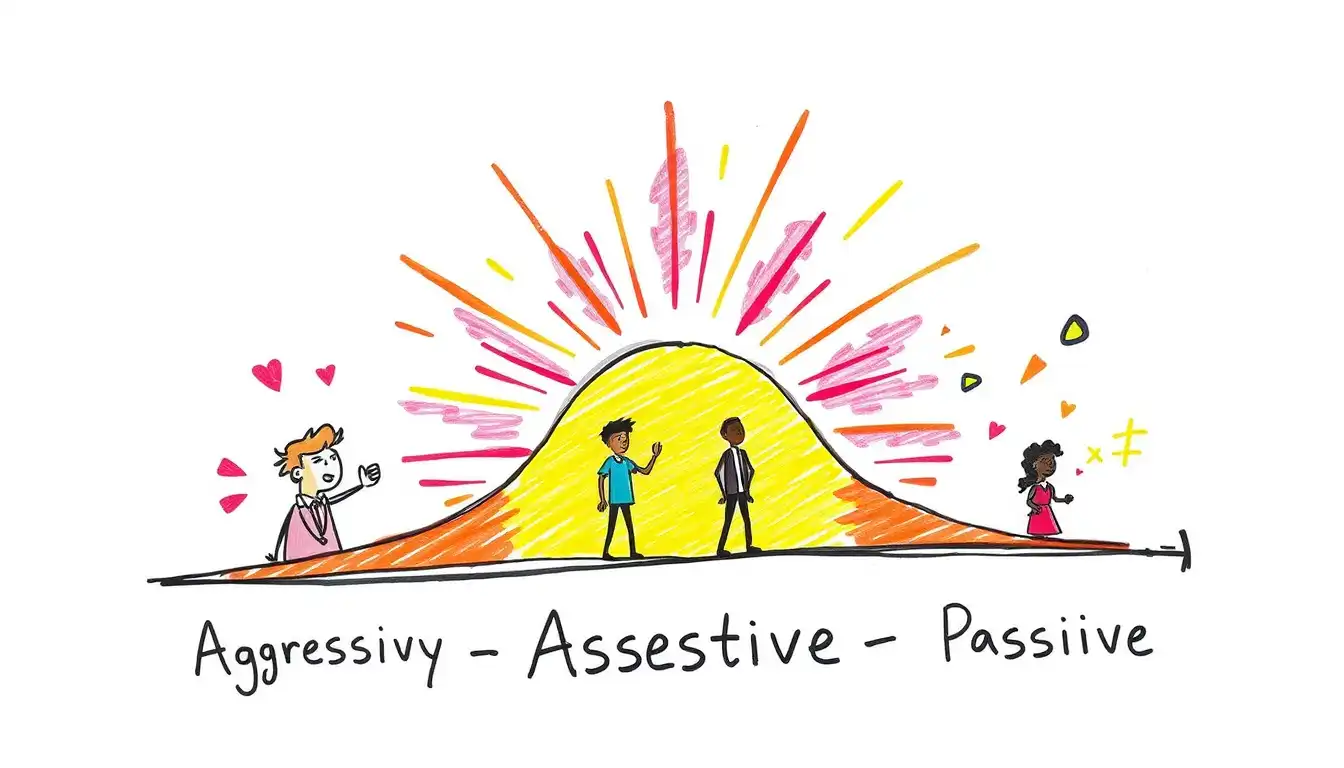Understanding International Business Negotiation
International business negotiation is a crucial aspect of global trade, where companies from different countries come together to discuss and agree on business deals. It’s a complex process that requires a deep understanding of cultural differences, language barriers, and varying business practices. Effective international business negotiation can lead to successful partnerships, increased revenue, and a competitive edge in the global market. In this article, we’ll delve into the world of international business negotiation, exploring the key factors to consider, strategies to employ, and best practices to follow.
Cultural Differences and Their Impact on Negotiation
Cultural differences play a significant role in international business negotiation. What may be considered acceptable in one culture may be viewed as offensive in another. For instance, in some Asian cultures, saving face is crucial, and direct confrontation is avoided at all costs. In contrast, in Western cultures, directness and assertiveness are often valued. Understanding these cultural nuances is vital to avoid misunderstandings and build trust with your negotiation counterparts.
The Importance of Research and Preparation
Before entering into international business negotiations, it’s essential to research the other party’s culture, business practices, and communication styles. This preparation will help you anticipate potential challenges and develop strategies to overcome them. Some key areas to research include:
-
Communication styles: Are they direct or indirect? Do they value relationships or focus on the task at hand?
-
Business etiquette: What are the customs and protocols surrounding business meetings and negotiations?
-
Decision-making processes: Who makes the final decisions, and what are the key factors influencing their choices?
Language Barriers and Their Impact on Negotiation
Language barriers can be a significant obstacle in international business negotiation. Even with the help of interpreters or translators, nuances can be lost in translation, leading to misunderstandings and miscommunication. To overcome language barriers, consider the following strategies:
-
Use simple, clear language: Avoid using complex vocabulary or jargon that may be difficult to understand.
-
Avoid idioms and colloquialisms: These can be difficult to translate and may lead to confusion.
-
Use visual aids: Presentations, diagrams, and charts can help convey complex information in a clear and concise manner.
Strategies for Effective International Business Negotiation
Effective international business negotiation requires a combination of skills, knowledge, and strategies. Here are some key takeaways to keep in mind:
-
Build relationships: Take the time to build trust and rapport with your negotiation counterparts.
-
Be flexible: Be open to compromise and willing to adapt to changing circumstances.
-
Use objective criteria: Rely on data and facts to support your arguments, rather than emotions or personal opinions.
-
Use time to your advantage: Take time to think before responding, and use silence to your advantage.
Overcoming Common Challenges in International Business Negotiation
Despite the best preparation and strategies, challenges can still arise in international business negotiation. Here are some common challenges and tips on how to overcome them:
-
Dealing with uncertainty: Be prepared for unexpected twists and turns, and remain flexible in your approach.
-
Managing conflicting interests: Focus on finding mutually beneficial solutions, rather than trying to “win” the negotiation.
-
Handling cultural differences: Be sensitive to cultural nuances and adapt your approach accordingly.
FAQ
What is the most important factor in international business negotiation?
Building trust and rapport with your negotiation counterparts is crucial to successful international business negotiation.
How can I overcome language barriers in international business negotiation?
Use simple, clear language, avoid idioms and colloquialisms, and consider using visual aids to convey complex information.
What is the key to effective international business negotiation?
Being flexible, building relationships, and using objective criteria to support your arguments are all essential to effective international business negotiation.
Conclusion
International business negotiation is a complex and challenging process that requires a deep understanding of cultural differences, language barriers, and varying business practices. By researching and preparing, being sensitive to cultural nuances, and employing effective strategies, you can overcome common challenges and achieve successful outcomes in international business negotiation. Remember to build relationships, be flexible, and use objective criteria to support your arguments. With practice and experience, you’ll become a skilled international business negotiator, ready to take on the global market.







Leave a Reply